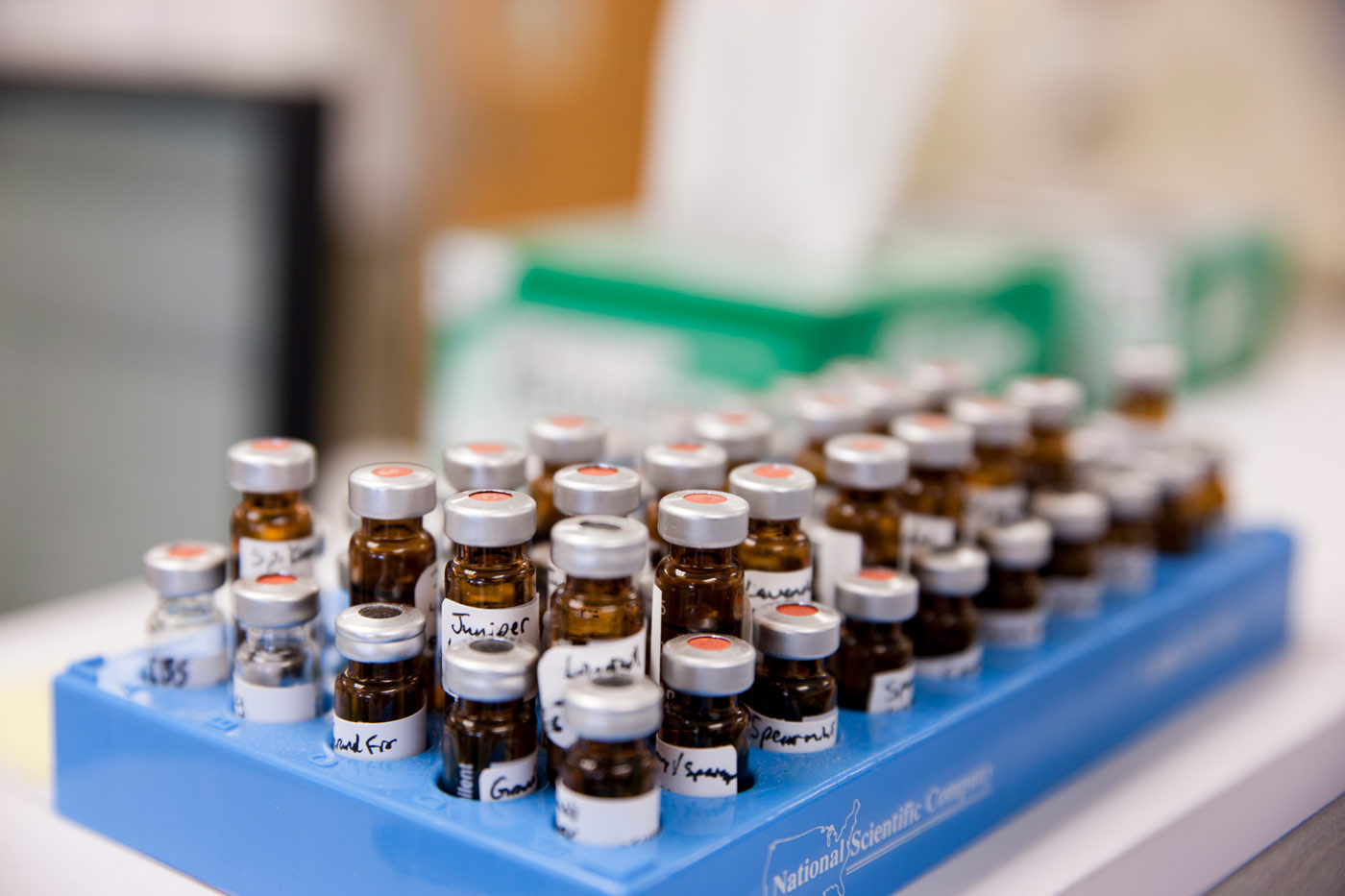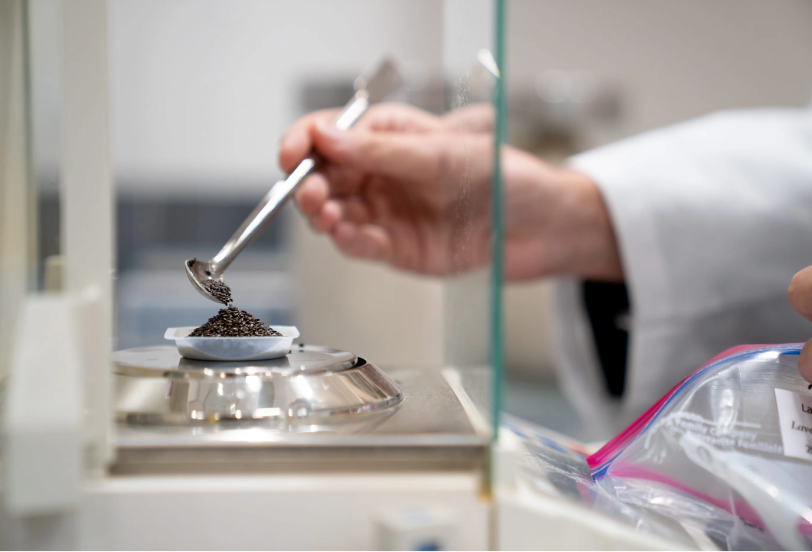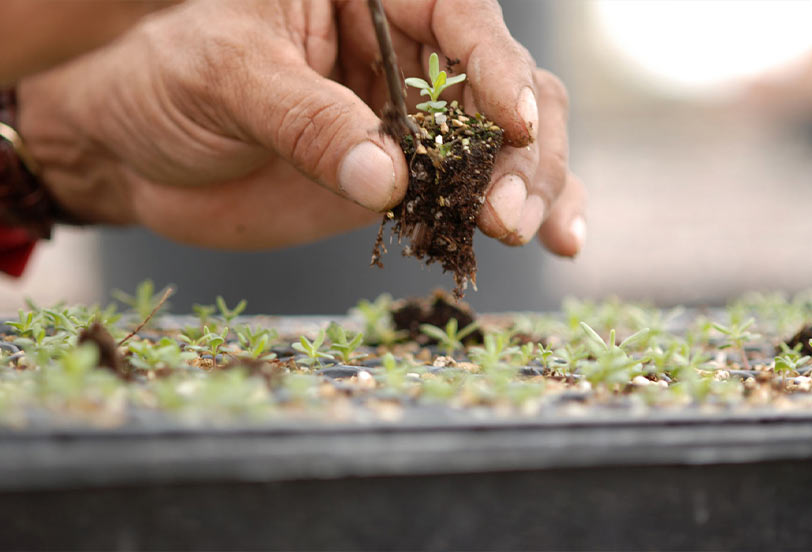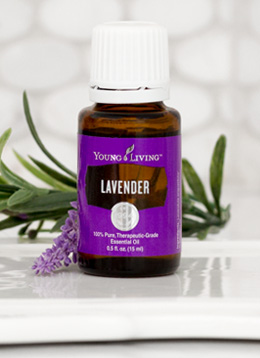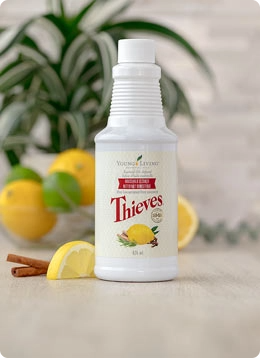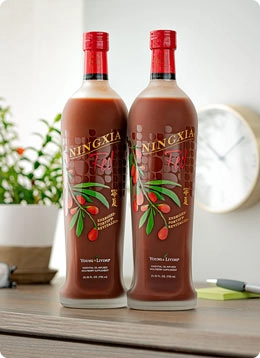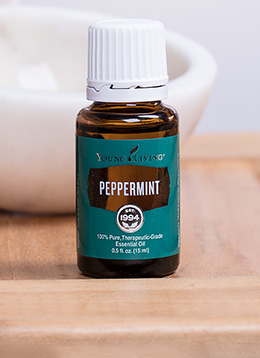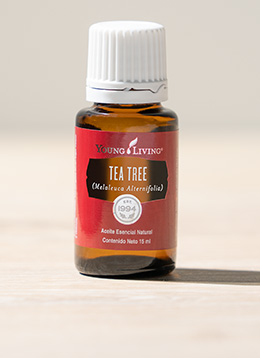In-house testing
We’ve always put essential oils and other plant-based products to the test. This means our products are built on decades of industry-leading research and data. Developing this expertise internally allows us to be more thorough and agile in our analysis, and we can quickly identify and address any quality issues.
Because of our decades spent testing essential oils, we have an extensive data library, and we understand our products better than any third-party or contract laboratory.
Another advantage of in-house testing is that we control the scheduling, so we save time and resources during sample analysis, resulting in better timelines and product launches. For example, if expedited testing is required for a Young Living® product to meet supply-chain deadlines, our Quality Control laboratory can prioritize the testing for optimal turnaround times. Young Living has limited control over sample scheduling when using Third-party or contract laboratories, which increases the potential for issues with releasing products and/or potentially going out of stock.
Third-party laboratories
Young Living uses third-party or contract laboratories when specialized testing is needed and/or the specific test methods are not available at our in-house quality control laboratory. Third-party laboratories are also, utilized during verification and validation activities to help ensure Young Living’s methods and data are accurate. Testing conducted at third-party laboratories includes but is not limited to active ingredients (vitamins), preservative efficacy, and skin sensitivity (also known as repeated-insult patch testing, or RIPT).
Thoughtful agricultural practices
Our corporate-owned farms use thoughtful environmental practices that consider water and soil conservation. With continuous research and experimentation, we document nutrients added to the soil through composting, the use of natural fertilizers, crop rotation, the amount of water received through rain and/or irrigation, and the effects of daily sun and temperatures. We share our research and knowledge with all our partner farms and Seed to Seal-verified suppliers to embody the same practices throughout their farms.
